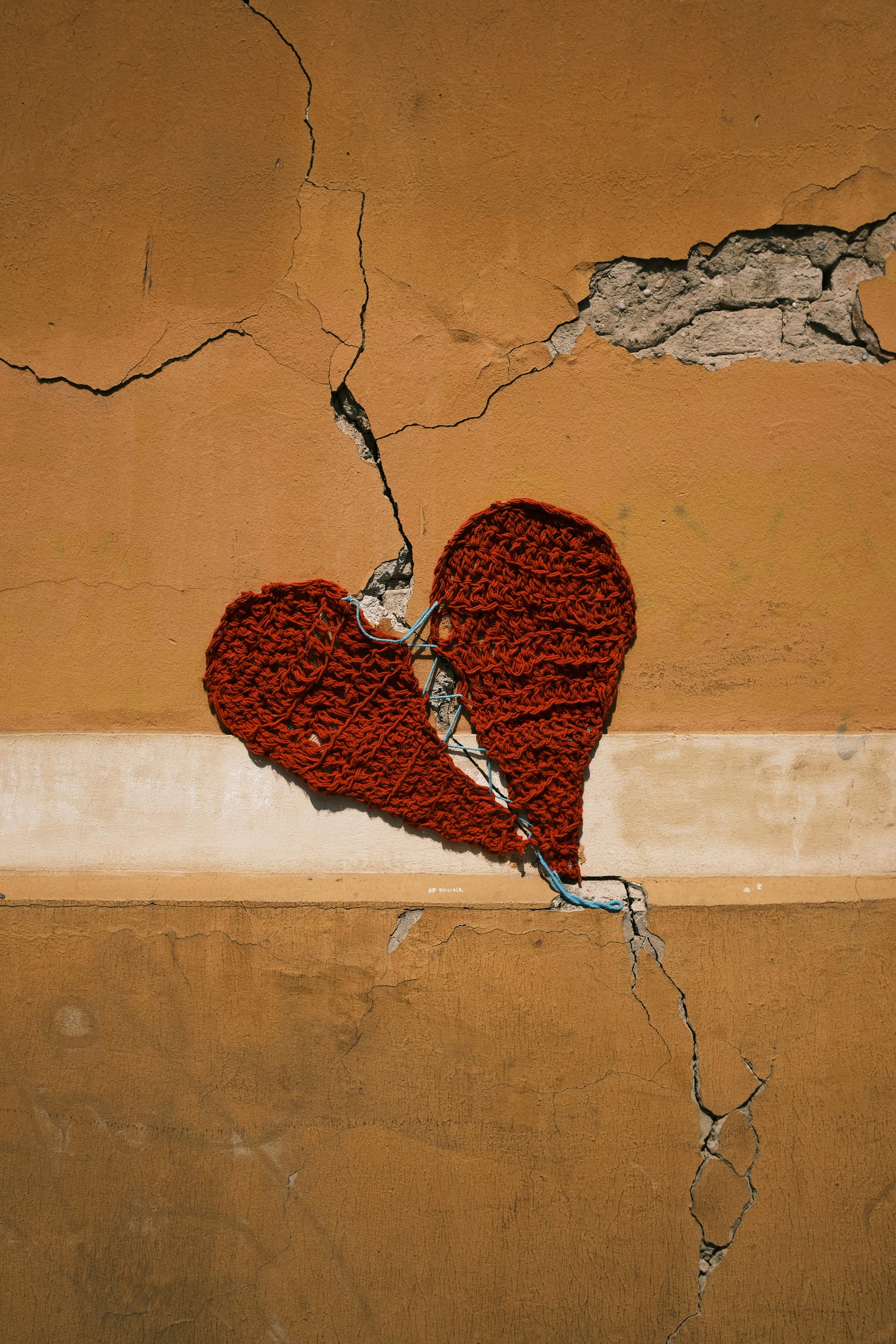We all have the capacity to heal from trauma. We’re managing difficult things every day. Research shows that even very big traumatic events do not always cause long term problems for everyone. Some people seem to be able to carry on and remain healthy, whilst others develop long term symptoms.
It’s not the case that those who carry on are always hiding how they feel or repressing their emotions – it really seems to be the case that everyone reacts different to trauma. And everyone responds different to specific traumas – the trauma which is manageable for me may be very different for you, and vice versa.
What makes the difference? One thing is our ability to make sense of what happened to us. Our ability to connect what happened to us with what has happened to other people. Our ability to put what happened to us in context, and to understand.
This is hard for children. The world is a more confusing and unpredictable place for them anyway, and when something terrible happens that can be doubly so. They can’t make sense of it because they are often lacking essential information. They might not even remember what happened to them, but they are still fearful. And often adults think that because they were young, or don’t remember, there’s no need to talk about it.
That’s what I’m talking about in my next webinar. Helping Your Child With Trauma and Loss. It’s at lunch time on Tuesday, June 4th. It’s recorded if you can’t make the time.
You will learn how trauma affects the brain and what parents can do to help children make sense of traumatic experiences. It is full of information but also practical. You’ll leave with ideas as to how you can help your children manage things that have happened in the past - and things which might happen in the future.
It is not specifically about school trauma but is relevant to those who have experienced educational trauma. It is relevant to all children, with or without diagnoses.





This is really interesting in light of family courts, where protective parents are not allowed to help their children make sense of the harm caused by abusive parents in cases of domestic abuse. In particular, any mother who tries to help her child in this way is at great risk of being labelled a so called 'parental alienator' and losing her child to the abusive father (the court orders the child to live with the father).